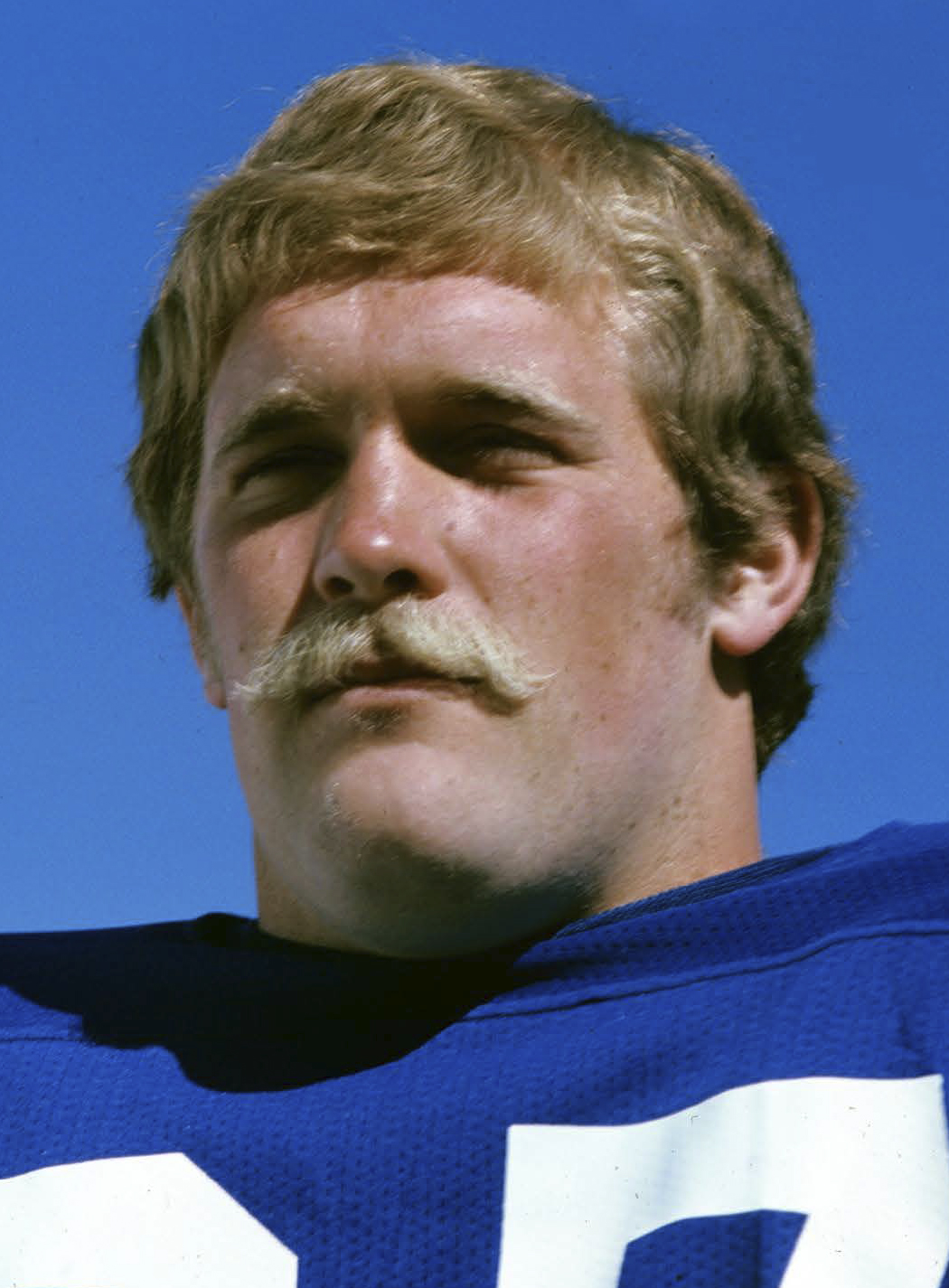Larry Carr
Larry Carr was a linebacker, three-year starter, and team captain for Brigham Young University. He helped his team advance to its first-ever bowl game (Fiesta Bowl). He was inducted into the 2010 BYU Hall of Fame. He was named in 2011 by the Bleacher Report as “BYU’s greatest defensive player of all time.”
He then played for the Canadian Football League (CFL) with the Calgary Stampeders for two years and was named to the Western All-Star Team in 1974.
Carr earned a bachelor’s degree in physical education while playing for BYU, and after he left the CFL, he returned to BYU and earned his master’s in physical education with an emphasis in analysis of movement and his PhD in exercise physiology. He did post-graduate work at Oakland University-Michigan and became a professor first, then department chair and graduate coordinator. He became a National Board Certified Teacher in 2003 and was department chair in the Los Angeles Unified School District. He is now retired.
Carr researches brain trauma related to football injuries. His work was born from noticing his own changes in behavior and the difficulties that forced him into early retirement. His wife describes how her husband would substitute strange sounds for words that he couldn’t remember while he was teaching either as a professor or as a middle school P.E. coach. When the Carrs saw the documentary “League of Denial,” which exposed the dangers of playing football, they wondered if there was a connection to his personality changes and worsening language troubles. After intensive testing, the results came back showing significant brain damage, most likely caused by concussive head injury. As the couple grappled with the diagnosis and likelihood of Chronic Traumatic Encephalopathy (CTE) in Carr’s brain, the two embarked on a genealogy mission to Boston for The Church of Jesus Christ of Latter-day Saints, hoping the change would help him. While there, and still dealing with many of the symptoms related to CTE, Carr contacted Boston University and presented his Ph.D. credentials and football background.[1]
“From that first contact, we have immersed ourselves in the world of CTE research and possible treatment and found, for us, what has been life-changing,” Laurie’s writing on her husband’s website reads.[2]
Carr sued BYU, the WAC, and the NCAA for his injuries, hoping that the suit would incite changes in the sport to help others avoid brain injury.[3] He is now a leading advocate for photobiomodulation therapy—a form of light therapy that shines near-infrared light into the brain to increase cellular energy levels and reduce the build-up of toxins.
Dr. Carr is currently working as a hands-on consultant at BYU and the University of Utah for five different pilot trials to research the effects of photobiomodulation on CTE-like symptoms.
He has a website dedicated to the effects on the brain from playing football, accessible here.
Carr and his wife, Laurie Isaacman, have four children.
